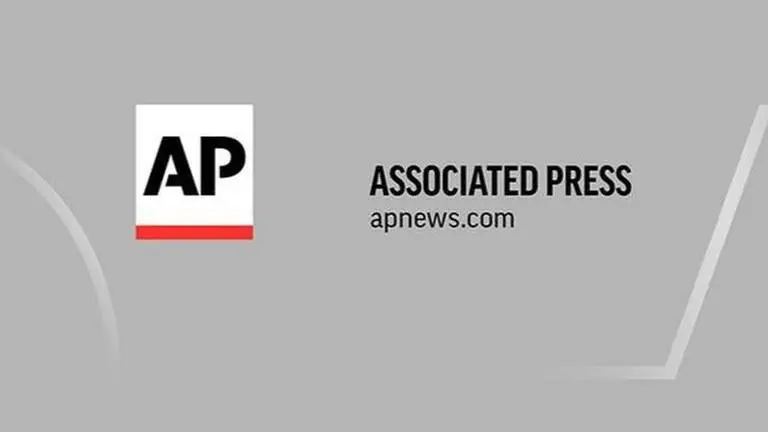Updated 8 March 2021 at 09:26 IST
Fukushima farmer remains defiant in exclusion zone
Naoto Matsumura was possibly the only person left living inside the exclusion zone around the radiation-leaking Fukushima Dai-ichi nuclear plant in 2011.
- World News
- 2 min read

Naoto Matsumura was possibly the only person left living inside the exclusion zone around the radiation-leaking Fukushima Dai-ichi nuclear plant in 2011. He has since been on a mission to feed abandoned animals that were roaming free in the 20-kilometer (about 12 miles) zone around the town of Tomioka, sandwiched between the doomed nuclear power station to the north and another sprawling nuclear plant to the south.
Ten years after the incident, Naoto Matsumura still lives in the same place. "I couldn't evacuate leaving them (the abandoned animals) behind. How could I ignore them after feeding them for three to four days," Matsumura said. "They would have appeared in my dream every single night if I did that."
He was determined to take care of the animals after the environment ministry announced that they would euthanize them all. Without electricity or running water, Matsumura used to fire up a pair of old generators each night and draw his water from a local well. He ate mostly canned foods, or fish that he caught himself in a nearby river.
Under such conditions, he kept feeding abandoned cows, ponies and ostriches. After a decade, almost all such animals have died of old age. Now he lives with less than 10 cows, which the cows he rescued gave birth to. Matsumura is no longer the only resident in Tomioka, as the town lifted its exclusion zone in 2017. But the once-thriving community of 16,000 people now has a population of 1,600.
Advertisement
"People and houses have disappeared. That's something which has been so visible. If someone asked me whether people will come back, I would say 'no way'," Matsumura said. "Their houses were already torn down and they have new houses outside the town. Why would they come back here?"
The 12% of the town still remains a no-go zone, most of which is scheduled to be lifted by March 2023. "The government lifted the exclusion zone too late. I felt that in my bones," Matsumura said. Matsumura plans to plant rice for the first time since the disaster this May, saying that rice he grows by himself tastes better than the ones he buys.
Published By : Associated Press Television News
Published On: 8 March 2021 at 09:25 IST
